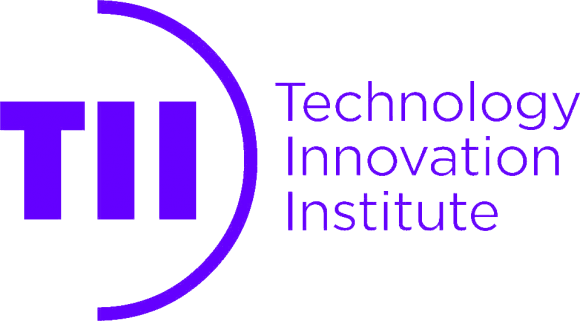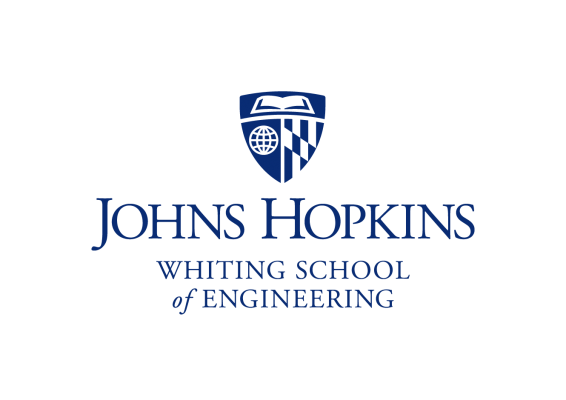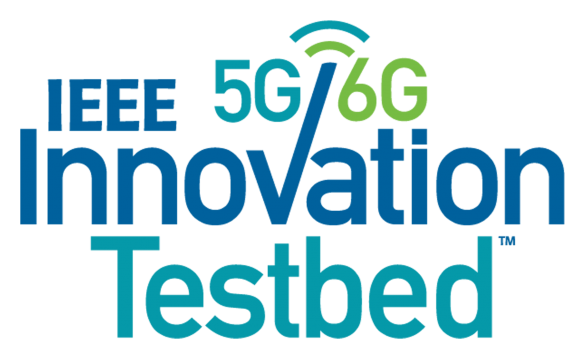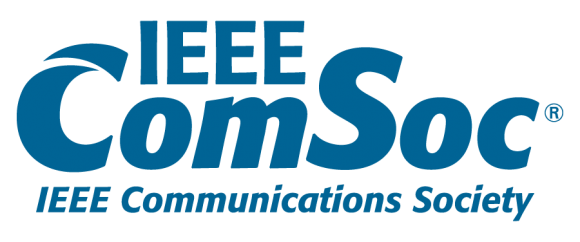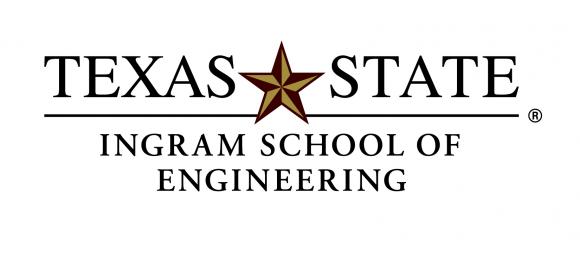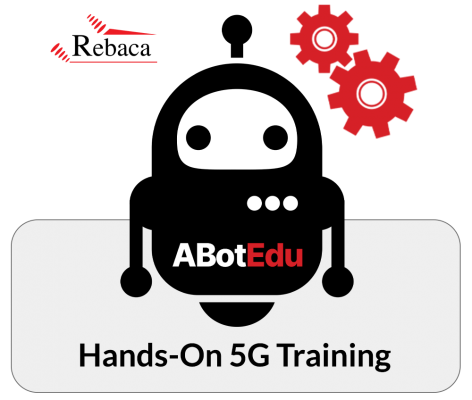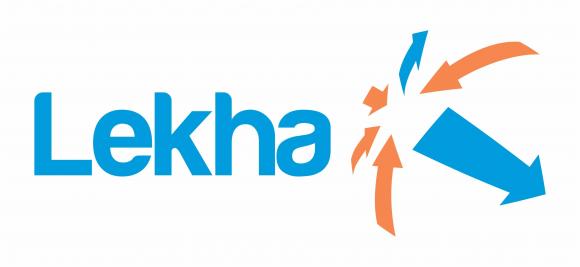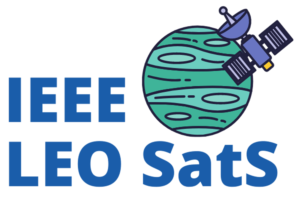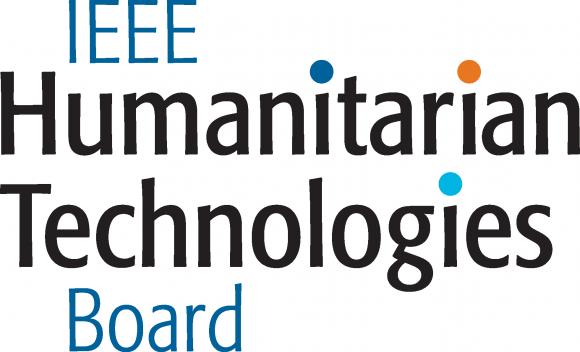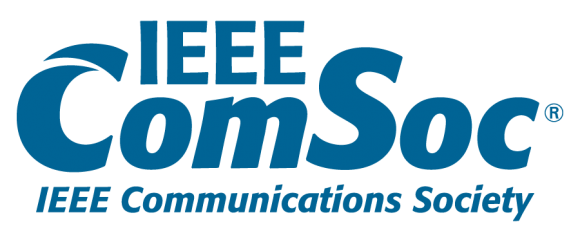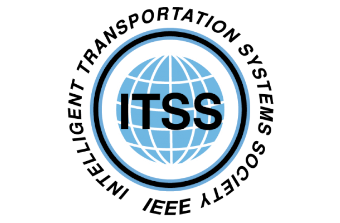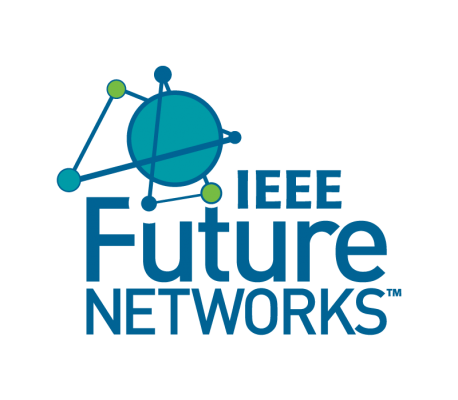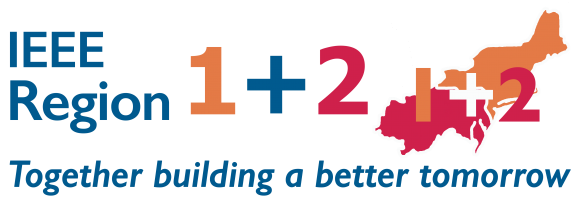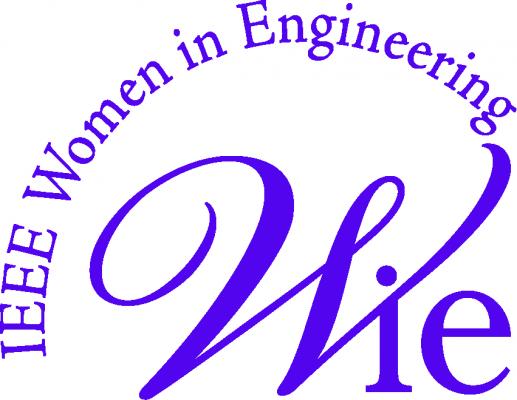IMPORTANT DATES
Symposium Paper Submission: 21 July 2023 8 September 2023 02 October 2023 (FINAL)
Symposium Paper Acceptance Notification: 1 September 2023 Rolling
Camera-Ready Submission: 10 October 2023
SYMPOSIUM ORGANIZERS
- Merouane Debbah, Technology Innovation Institute (TII), Abu Dhabi
- Christina Chaccour, Ericsson, USA
SCOPE AND MOTIVATION
The provision of emerging services such as the metaverse, digital twins, extended reality, and Industry 5.0 over wireless systems such as 6G and beyond, necessitates a fundamentally novel approach to communication in these systems. Semantic communication is regarded as a revolutionary concept that aims to transform radio nodes into intelligent agents that can extract the underlying meaning (semantics) or significance in a data stream. By leveraging artificial intelligence (AI) and machine learning (ML), wireless networks will be able to understand the context and intent behind data transmissions, and optimize network resources accordingly. In essence, semantic communications hold the promise in transforming wireless networks towards “AI-native” ones, endowed with “cognition” abilities that mimic human brain faculties. As reasoning is the cornerstone of semantic communications, the development of radio nodes capable of constructing comprehensive and organized knowledge bases will necessitate advancements and breakthroughs in AI. Additionally, further progress in computing is required to enable radio nodes to draw logical conclusions that meet the time-critical demands of beyond 6G applications. The development of a roadmap to semantic communications requires a careful redesign of network architecture, information processing, and transmission technologies, including physical (PHY) layer processing, medium access control (MAC), and the air-interface in general. Furthermore, the deployment of semantic communications, which represents the culmination of the convergence between communications and computing, has the potential to reduce the technical and regulatory challenges associated with the need to allocate new spectrum bands for each new wireless cellular system generation or emerging use case. Consequently, it is imperative for the community to carefully consider the implications of this convergence for current and future spectrum-related roadmaps and challenges.
TOPICS OF INTEREST
We welcome submissions on a broad spectrum of research topics encompassing both theoretical and systems research, related but not restricted to the following topics:
- Semantic information theory
- Semantic coding and signal processing
- Securing semantic communication networks
- Testbeds and experimentation for semantic communication systems
- The role of blockchain in securing future semantic communication networks
- AI/ML-driven optimization for semantic communications
- Novel AI/ML models and architectures to support semantic communications
- Network architectures and protocols in semantic communications
- Joint sensing and communication for efficient semantic communication networks
- Goal-oriented and intent-driven networks
- The role of semantic communications in emerging 6G applications (e.g. extended reality, metaverse, digital twins)
- Edge Intelligent Systems for Semantic Communication Networks
Symposium Paper Submission
All papers should be submitted via EDAS, Symposium on Semantic Communications in Future Networks track. Full instructions on how to submit papers are provided on the IEEE FNWF 2023 website: https://fnwf2023.ieee.org/information-authors
INVITED SPEAKER
Walid Saad, Virginia Tech, USA
Title: Understand Me If You Can: Reasoning Foundations of Semantic Communication Networks
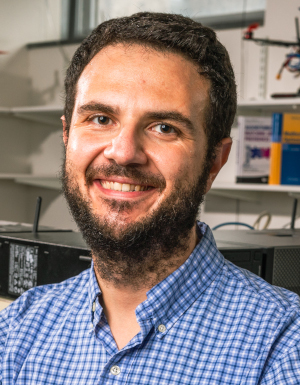 Walid Saad (S’07, M’10, SM’15, F’19) received his Ph.D degree from the University of Oslo, Norway in 2010. He is currently a Professor at the Department of Electrical and Computer Engineering at Virginia Tech, where he leads the Network sciEnce, Wireless, and Security (NEWS) laboratory. He is also the Next-G Wireless Faculty Lead at Virginia Tech's Innovation Campus. His research interests include wireless networks (5G/6G/beyond), machine learning, game theory, security, UAVs, semantic communications, cyber-physical systems, and network science. Dr. Saad is a Fellow of the IEEE. He is also the recipient of the NSF CAREER award in 2013, the AFOSR summer faculty fellowship in 2014, and the Young Investigator Award from the Office of Naval Research (ONR) in 2015. He was the (co-)author of eleven conference best paper awards at IEEE WiOpt in 2009, ICIMP in 2010, IEEE WCNC in 2012, IEEE PIMRC in 2015, IEEE SmartGridComm in 2015, EuCNC in 2017, IEEE GLOBECOM (2018 and 2020), IFIP NTMS in 2019, IEEE ICC (2020 and 2022). He is the recipient of the 2015 and 2022 Fred W. Ellersick Prize from the IEEE Communications Society, and of the IEEE Communications Society Marconi Prize Award in 2023. He was also a co-author of the papers that received the IEEE Communications Society Young Author Best Paper award in 2019, 2021, and 2023. Other recognitions include the 2017 IEEE ComSoc Best Young Professional in Academia award, the 2018 IEEE ComSoc Radio Communications Committee Early Achievement Award, and the 2019 IEEE ComSoc Communication Theory Technical Committee Early Achievement Award. Dr. Saad has been annually listed in the Clarivate Web of Science Highly Cited Researcher List since 2019. He currently serves as the Editor-in-Chief for the IEEE Transactions on Machine Learning in Communications and Networking.
Walid Saad (S’07, M’10, SM’15, F’19) received his Ph.D degree from the University of Oslo, Norway in 2010. He is currently a Professor at the Department of Electrical and Computer Engineering at Virginia Tech, where he leads the Network sciEnce, Wireless, and Security (NEWS) laboratory. He is also the Next-G Wireless Faculty Lead at Virginia Tech's Innovation Campus. His research interests include wireless networks (5G/6G/beyond), machine learning, game theory, security, UAVs, semantic communications, cyber-physical systems, and network science. Dr. Saad is a Fellow of the IEEE. He is also the recipient of the NSF CAREER award in 2013, the AFOSR summer faculty fellowship in 2014, and the Young Investigator Award from the Office of Naval Research (ONR) in 2015. He was the (co-)author of eleven conference best paper awards at IEEE WiOpt in 2009, ICIMP in 2010, IEEE WCNC in 2012, IEEE PIMRC in 2015, IEEE SmartGridComm in 2015, EuCNC in 2017, IEEE GLOBECOM (2018 and 2020), IFIP NTMS in 2019, IEEE ICC (2020 and 2022). He is the recipient of the 2015 and 2022 Fred W. Ellersick Prize from the IEEE Communications Society, and of the IEEE Communications Society Marconi Prize Award in 2023. He was also a co-author of the papers that received the IEEE Communications Society Young Author Best Paper award in 2019, 2021, and 2023. Other recognitions include the 2017 IEEE ComSoc Best Young Professional in Academia award, the 2018 IEEE ComSoc Radio Communications Committee Early Achievement Award, and the 2019 IEEE ComSoc Communication Theory Technical Committee Early Achievement Award. Dr. Saad has been annually listed in the Clarivate Web of Science Highly Cited Researcher List since 2019. He currently serves as the Editor-in-Chief for the IEEE Transactions on Machine Learning in Communications and Networking.



